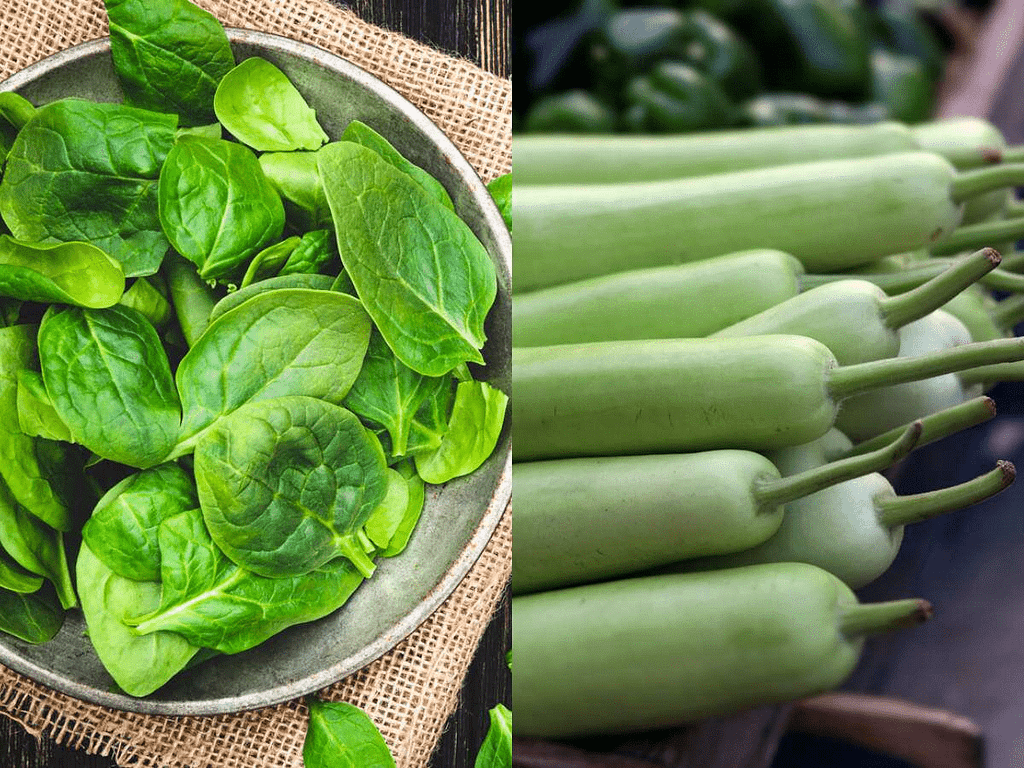
[ad_1]
A new study by University of Delaware researchers discovered that eating more apias-like vegetables could help mitigate the effects of air pollution.
Toxins from cigarette smoke and air pollution can be absorbed by celery, carrots, parsnips and parsley.
The Mahathian Post: Latest Science and Tech News
Air pollution is defined as the release into the atmosphere of pollutants that are harmful to human health and the environment as a whole. According to the World Health Organization (WHO), seven million people worldwide die from air pollution every year. Nine out of ten people breathe air that exceeds WHO pollution guidelines, with it worst in low- and middle-income countries.
People exposed to air pollution suffer from a variety of health problems. Conditions such as pneumonia or bronchitis are examples of short-term consequences. Irritation of the nose, throat, eyes or skin, as well as headaches, dizziness and nausea are all symptoms of air pollution. The long-term effects of air pollution can last for years or even a lifetime. They can even lead to the death of a person.
Fortunately, a University of Delaware researcher has identified a strategy to reduce the effects of air pollution on our bodies by increasing our regular consumption of vegetables like celery, carrots, parsnips and parsley.
Jae Kyeom Kim, assistant professor of behavioral health and nutrition, examined how apias-like vegetables protect the body from accumulation of acrolein, a lung and skin irritant with a strong unpleasant odor found in abundance in cigarette smoke and car exhaust, in a new study published in the article published in the article Journal of Nutritional Biochemistry.
In a series of tests, Kim and his colleagues examined how apiaceous vegetables, which are rich in phytonutrients, alleviated acrolein-induced toxicities. The results showed how acrolein-induced oxidative stress could be reduced and its consequences minimized.
“Kim’s research found that apiaceae support detoxification by increasing antioxidant enzyme activity,” Trabulsi said. “The results suggest that apiaceae may protect against acrolein-induced damage and inflammation because the vegetable promotes the liver’s conversion of acrolein to a water-soluble acid for elimination from the body.”
The next step was to determine a reasonable dosage level for humans. Looking ahead, Kim plans to incorporate human intervention trials.
“When we calculated this, we found that the actual daily calorie count of apiaceous vegetables for humans is about 1 1/3 cups per day,” Kim said. “It doesn’t take a high intake to see a difference, and this is an achievable amount in everyday life.”
Reference: “Apiaceous vegetables protect against acrolein-induced pulmonary injuries through modulating hepatic detoxification and inflammation in C57BL/6 male mice” by Mersady C. Redding, Jeong Hoon Pan, Young Jun Kim, Mona Batish, Jillian Trabulsi, Jin Hyup Lee and Jae Kyeom Kim, 10 January 2022, The Journal of Nutritional Biochemistry.
DOI: 10.1016/j.jnutbio.2022.108939
Post Views:
32
[ad_2]
Source link